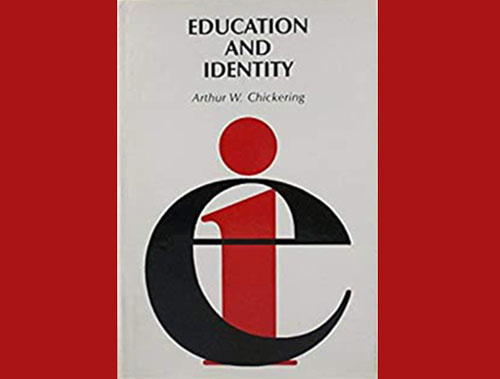
Higher education lost one of its guiding lights with the passing of Arthur W. Chickering—“Chick” to his close friends and colleagues—on August 15, 2020. His career was marked by profound and lasting contributions to our understanding of how students grow and develop in college. Chickering played a vital role in NSSE’s creation, having served on its design team in the 1990s. Although he and I never met, he kept up with NSSE’s work and periodically sent me emails commending our latest publications. I was touched and honored by these kind, selfless acts and what they revealed about him as a person. In the space below are brief remembrances from colleagues who were fortunate to have known and worked with him.
—Alexander C. McCormick, NSSE Director
Peter Ewell: Arthur Chickering and Zelda Gamson’s Seven Principles for Good Practice in Undergraduate Education, published in 1987, quickly became the most influential publication of its generation in American higher education. When Russ Edgerton of the Pew Charitable Trusts charged me with convening a team to design a new survey that might capture the notion of student engagement, Chick was a natural choice as a charter member. His contributions to what became the National Survey of Student Engagement are both evident and pervasive. NSSE’s architects and its myriad users are very much in his debt.
George Kuh: Chick’s seminal contributions to the higher education literature addressed many of the more pressing issues facing colleges and universities beginning in the 1960s through the early years of the 21st century. Assessment professionals are indebted to him for his pioneering work illustrating how and why data about the student experience can be used in institutional decision making. Indeed, today’s emphasis on obtaining evidence of student accomplishment through systematic assessment of learning outcomes is a logical extension of Chick’s work. (Read more.)
Jillian Kinzie: In addition to his contributions to NSSE’s conceptual framework, Chick offered his keen fieldwork skills and perspectives as a co-investigator on the research represented in Student Success in College. When Chick spoke during our research meetings, we all leaned in, prompting an admiring quip, “When A.W. Chickering talks, people listen.” His insights about how colleges and universities change and about using data to inform their decision making inspired many academic leaders to act on evidence. With deft, quiet leadership and the capacity to disambiguate complex theories, Chick turned every conversation, meeting, or workshop into a profound learning experience.

